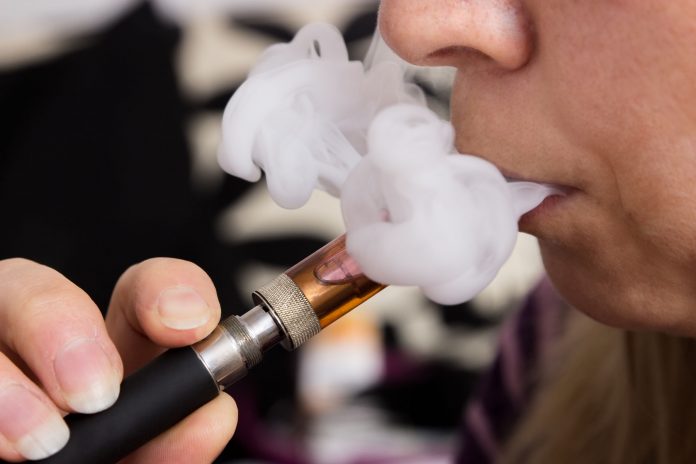Over the past year, the Food and Drug Administration undertook a “historic crackdown” of the e-cigarette industry. Recent bans on selected e-cigarette flavors are certainly a step in this direction. With promises for “aggressive action” by FDA Commissioner Stephen Hahn, more heavy-handed regulations are likely to follow.
The FDA certainly has increased its regulatory scope to combat public health concerns. However, a recent proposal from the White House aims to strongly curtail the agency’s evolving regulatory powers.
As part of the Trump administration’s budget request for the upcoming year, the president proposed a new federal agency named the Center for Tobacco Products. The Center would assume full responsibility for regulating tobacco products (including e-cigarettes), something previously granted to the FDA when Congress passed the Family Smoking Prevention and Tobacco Control Act in 2009.
Although the proposal is in early stages and unlikely to pass in its current form, efforts to curb the authority of the FDA have created considerable hostility. President of the Campaign for Tobacco-Free Kids Mathew Myers angrily described the proposal as “yet another giveaway to the tobacco and e-cigarette industry.”
Also, in strong disagreement with the proposal, former FDA Commissioner Scott Gottlieb, tweeted, “The regulation of tobacco products was one of the most productive uses of my time as FDA Commissioner,” and such regulation is one of the FDA’s “most important public health missions.”
Others agree with the proposal, noting tobacco products are noticeably different from the goods the FDA typically regulates. White House Domestic Policy Council head Joe Rogan notes, “Tobacco has no redeeming qualities and it should not be regulated by a health agency like this [the FDA].” Rogan holds that granting the FDA tobacco-regulation authority is a “huge distraction” and a “waste of time.”
So, what is the right course of action? Should President Trump establish a new agency specifically dedicated to regulating tobacco products? Or should the FDA maintain the authority it has held for over a decade?
I say neither. Evidence suggests usage rates for tobacco and e-cigarette products were lower before federal agencies became involved.
Since 1965, the percentage of U.S. adults who smoke decreased from about 40 percent to 17 percent. However, most of the decrease occurred before 2009, meaning they were not because of the FDA or additional federal oversight. Similarly, teen vaping rates were comparatively lower when states determined vaping restrictions before the FDA became involved.
It seems the FDA, although well-intentioned, has found little success in its efforts to regulate e-cigarettes and other tobacco products. I see little reason to believe creating another federal regulatory body given the same task will succeed any better.
